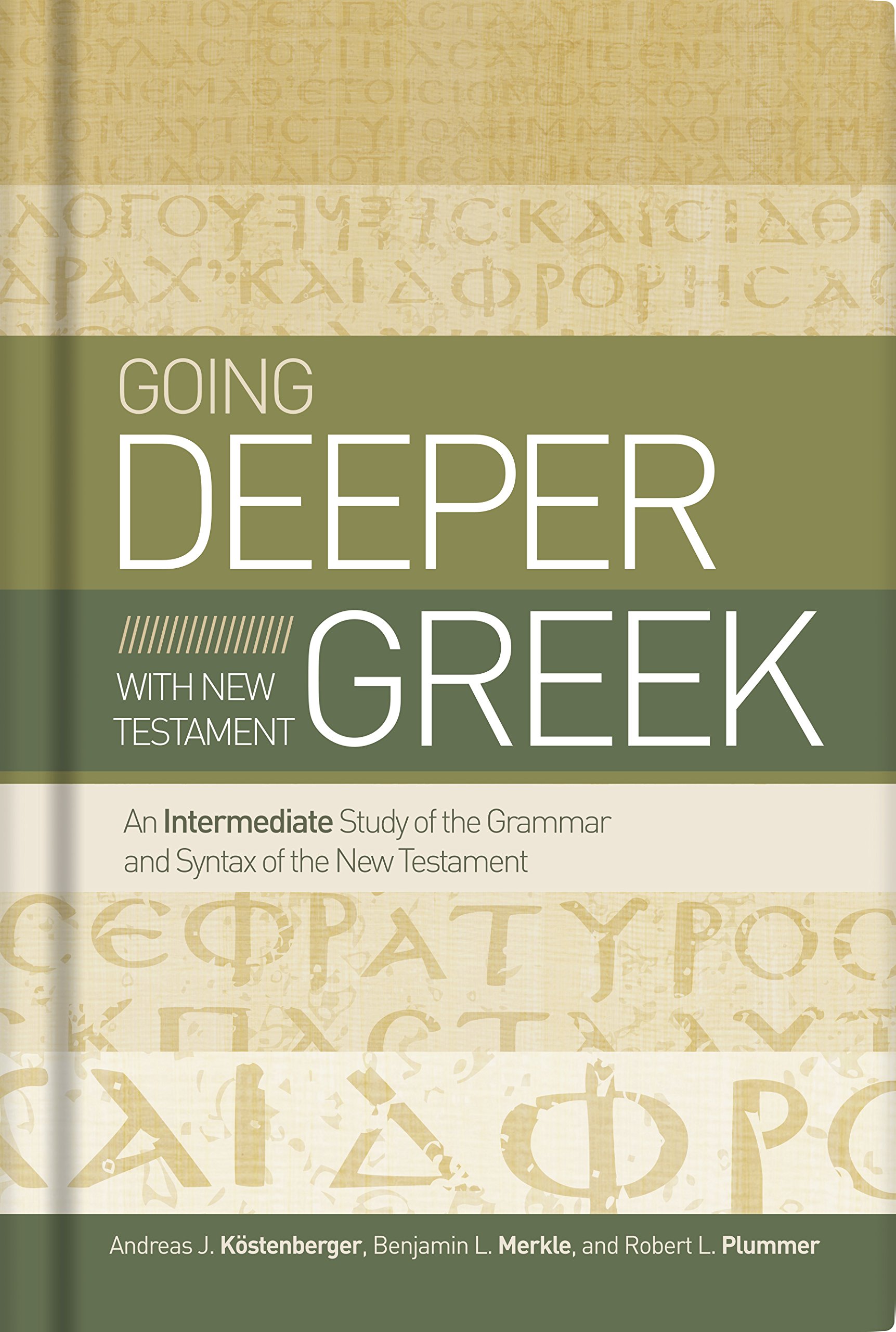Guest Blog from Rob Plummer
In 1 John 2:15, John commands, μὴ ἀγαπᾶτε τὸν κόσμον (“Do not love the world”). In John 3:16, the apostle famously writes, οὕτως γὰρ ἠγάπησεν ὁ θεὸς τὸν κόσμον (“For God so loved the world”). Students of Greek will note that, in both passages, the verbs translated “love” (ἀγαπάω) and the nouns translated “world” (κόσμος) are derived from the same respective lexical forms. Are Christians, then, commanded not to do something (“love the world”) that God does?
First John 2:15 and John 3:16 illustrate that every word has a range of meaning (a “semantic range”) and also a specific meaning that can only be determined when considering the context in which the word is used. In 1 John 2:15–16, the apostle’s explanatory comments clarify how we should understand his command not to love the world. John writes,
ἐάν τις ἀγαπᾷ τὸν κόσμον, οὐκ ἔστιν ἡ ἀγάπη τοῦ πατρὸς ἐν αὐτῷ· ὅτι πᾶν τὸ ἐν τῷ κόσμῳ, ἡ ἐπιθυμία τῆς σαρκὸς καὶ ἡ ἐπιθυμία τῶν ὀφθαλμῶν καὶ ἡ ἀλαζονεία τοῦ βίου, οὐκ ἔστιν ἐκ τοῦ πατρὸς ἀλλ᾽ ἐκ τοῦ κόσμου ἐστίν.
If anyone loves the world, love for the Father is not in him. For everything that belongs to the world—the lust of the flesh, the lust of the eyes, and the pride in one’s lifestyle—is not from the Father, but is from the world.
Thus, the “love” that John speaks of in 1 John 2:15 (“Do not love the world”) stands in contrast with devotion to God and is characterized by the lust and boastful pride of humanity’s fallen nature. Similarly, “the world” here must mean the things in this world that entice and gratify the longings of humanity’s sinful nature. “Do not love the world” (1 John 2:15) means “Do not sinfully long to satisfy yourself with the blandishments of this wicked, fallen order.”
With significantly different contextual clues in John 3:16b–17, the apostle clarifies both who “the world” is and the way in which (oὕτως) God loved this world. John writes:
ὥστε τὸν υἱὸν τὸν μονογενῆ ἔδωκεν, ἵνα πᾶς ὁ πιστεύων εἰς αὐτὸν μὴ ἀπόληται ἀλλ᾽ ἔχῃ ζωὴν αἰώνιον. οὐ γὰρ ἀπέστειλεν ὁ θεὸς τὸν υἱὸν εἰς τὸν κόσμον ἵνα κρίνῃ τὸν κόσμον, ἀλλ᾽ ἵνα σωθῇ ὁ κόσμος δι᾽ αὐτοῦ.
He gave His One and Only Son, so that everyone who believes in Him will not perish but have eternal life. For God did not send His Son into the world that He might condemn the world, but that the world might be saved through Him.
So, in John 3:16–17, “the world” is not the sinful allurements of this fallen age, but humans in their desperate lost state. God’s “loving” these sinful humans speaks of his activity and desire to rescue them. All words have a range of meaning, and the broader literary context is absolutely essential in determining a word’s or phrase’s meaning in any given passage.
(From chapter 14, pages 475-476 of Going Deeper with New Testament Greek.)
